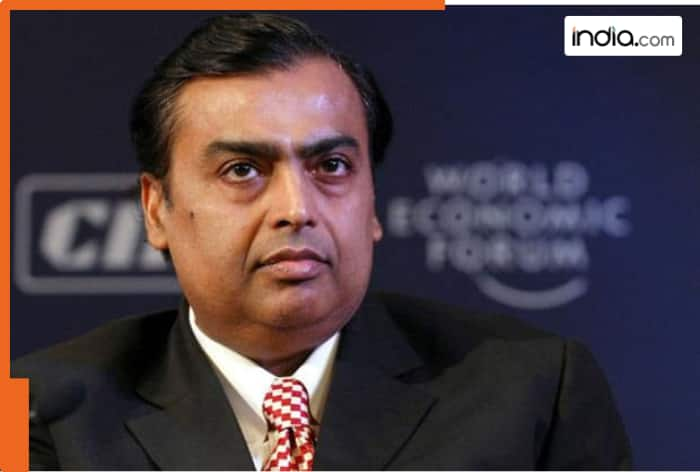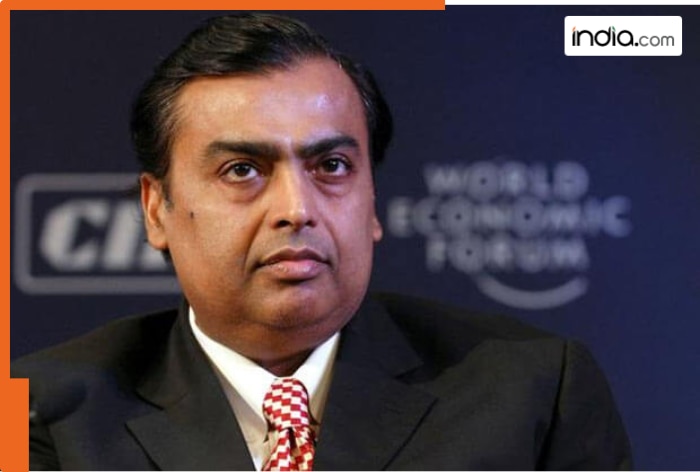Despite being active in every major sectors, Ambani has not entered the automobile industry. Have you ever wondered why? Let’s take a look at the reasons behind this decision.

Mukesh Ambani stands as one of India’s richest individuals, operates Reliance Industries, a conglomerate that spans numerous sectors. While you might be familiar with Reliance products such as salt, SIM cards, and petrol, you probably haven’t come across any cars bearing the Reliance name. Despite his active presence in major industries, Ambani has deliberately avoided entering the automobile market. Reliance Industries mainly focuses on petrochemicals, oil refining, and telecommunications, with most of its business conducted with corporate clients. One of its successful business models is in telecommunications, where the company connects directly with customers through Jio. Yet, it is to make its mark in the automobile sector. What could be preventing Mukesh Ambani from manufacturing cars? Given his ownership of such a vast enterprise, why does he choose to refrain from selling automobiles? Let’s take a look at the reasons behind this decision.
Preference for B2B Business
This indicates that Reliance’s operational model is primarily business-to-business (B2B). In this model, there is minimal direct interaction with customers. Jio, on the other hand, operates on a business-to-consumer (B2C) model, allowing the company to engage directly with its customers and build a vast network of millions of users through its services.
It is clear that Reliance predominantly runs its businesses through B2B channels. However, selling cars falls under the B2C model, which involves direct dealings with customers. The automobile sector operates quite differently from telecommunications. While recharging a Jio plan is affordable, purchasing a new car requires a substantial budget.
Customers and Demand-Supply Dynamics
When you go to the market to buy a new car, you typically need to spend at least 5 to 6 lakh rupees on a suitable vehicle. Many customers even fulfill their dream of owning a car through loans. Additionally, the supply of cars often exceeds the demand. However, Reliance has a track record of engaging in businesses where demand is high and supply is low.
Capital Investment
Another reason is that the automobile industry requires significant investment. Considerable time and money must be allocated for research and development, manufacturing, and marketing. Therefore, rather than investing heavily in the automobile sector, it makes more sense for Reliance to focus on industries where it already has a strong presence.
Market Competition
The automobile sector is already facing intense competition. Companies like Maruti Suzuki, Tata Motors, and Mahindra, along with international brands, are all vying to sell cars. These brands are seasoned players in the market, and Reliance would have to contend with their significant investments and established presence.
Renewable Energy
Reliance is now advancing into the emerging renewable energy business. However, the automobile sector operates on fuel, which could lead to conflicting interests between the two sectors. While the trend for electric vehicles (EVs) is growing, it’s not yet at a level where Reliance can confidently start manufacturing and selling cars based solely on that.
Electric Vehicle Industry
Reliance does engage in the electric vehicle technology and battery business, but this also follows a B2B model. If Mukesh Ambani were to start manufacturing cars, it could create conflicts with their existing ventures in the EV market.
These are some of the key reasons that prevent Mukesh Ambani’s Reliance from selling cars. Every industry operates based on its business model and objectives, and perhaps Reliance does not see the automobile sector as a suitable fit for its strategy, which is why it has not ventured in that direction.

